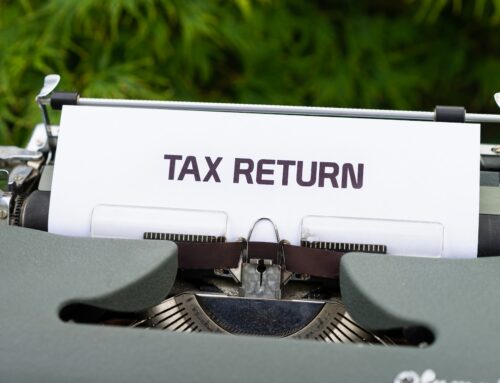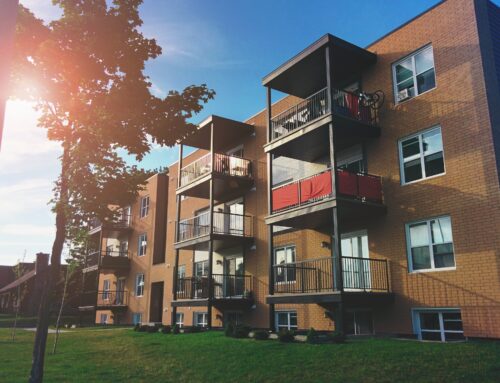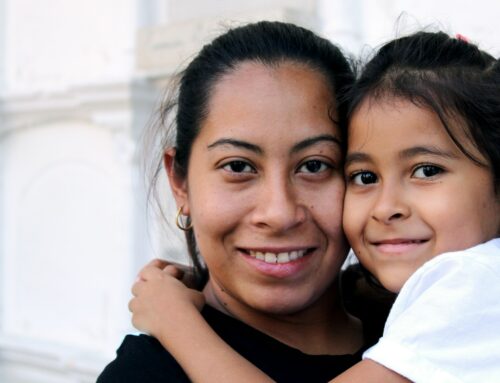An urban population of nearly two million residents makes Montréal the largest bilingual city in North America, if not the entire Western Hemisphere. But it’s important to realize that the official language in Montréal and the Province of Québec is actually French. So although the city may feel very bilingual, French is considered the primary language for commerce, administration and education.
Anglophones who are new to the city—and even some who have been living in Montréal for a couple of generations—may struggle with this fact. One of their greatest challenges is to find and enroll their children in a school that offers English instruction.
In this article we will clarify the French language laws in Québec and explain how you can be eligible for English instruction in Montréal. We’ll also describe some of the problems and issues that the Anglophone schools in the city are currently facing. (To learn about French requirements in commerce, see our article about Language laws for businesses in Montreal and Quebec.)
Bill 101 and French instruction in Montréal and Québec
The Charter of the French Language, also known as Bill 101, went into effect in Québec in 1977. In addition to regulating the language in which business and civil administration are conducted, the law also makes French the official language of instruction for kindergarten through secondary school. In practice, every student in Montréal will receive a somewhat bilingual education, and private schools commonly offer trilingual education. It’s more a question of emphasizing one language over another, and using one language for school administration.
The Constitution Act of 1982 clarified and made some small amendments to the law. Most importantly, these amendments spelled out and revised the conditions under which a student is eligible for instruction in English.
In fact, many students can qualify for an exemption. The English Montreal School Board (EMSB) administers about 75 public schools with more than 40,000 students within the city. The Lester B. Pearson School Board oversees another 50 Anglophone schools on the western part of Montréal Island. (See below to learn more about how to qualify for English education in Montréal.)
While Bill 101 was meant to uphold and preserve the French heritage of the province, some critics view it as rather discriminatory against Anglophones. Francophones are guaranteed the right to be served by any private or public entity in French, but English speakers are not necessarily afforded a similar right. Furthermore, the “language police” (more properly known as the Office québécois de la langue française) sometimes enforce the law to the point of absurdity, in business correspondence and restaurant menus, for example.
If you’re a fan of legalese, you can read the bill’s complete verbiage on the government website, in either French or English.
Eligibility for English instruction in Montréal and Québec
To qualify for English instruction in Montréal public schools, students must meet the eligibility criteria. If you have a child who might qualify, you can apply for a Certificate of Eligibility through the EMSB or one of the other English public school districts. If you’re considering an English private school, you should contact the school directly. They might also have an entrance exam.
According to Bill 101, a student must meet one of the following requirements in order to be eligible for English instruction:
- The student has received the major part of their elementary or secondary school instruction in English in Canada;
- A brother or sister completed the majority of his or her elementary or secondary studies in English in Canada;
- A father or mother completed the majority of his or her elementary studies in English in Canada;
- A father or mother attended school in Québec after August 26, 1977, and could have been declared eligible for instruction in English at that time
A student who satisfies (or has a parent or sibling who satisfies) one of these criteria can generally receive a Certificate of Eligibility.
Also, if a child receives a Certificate of Eligibility but then opts to attend a French school, they will NOT forfeit the right to attend an English school. The child and siblings will still be eligible for English instruction.
English school closures in Montréal
As the number of grade school children continues to rise in Montréal, the local government has shown a preference for the French language school districts. Earlier this year, in June 2019, the Ministry of Education announced that two English elementary schools and an English junior high would transfer to a French language school board.
To the disappointment of hundreds of English-speaking families in the Montréal Nord area, Gerald McShane Elementary, General Vanier Elementary and John Paul I Junior High schools will no longer belong to the EMSB. Beginning next year, the Commission scolaire de la Pointe-de-l’Île (CSPI) will use the schools to serve its growing population of Francophiles.
You can read more about this ongoing controversy at the CBC news website.
Learn more
ARIANNE Relocation Specialists have been helping immigrants and expats educate themselves on the ways and customs of Canada since 1996. Whether you’re looks for schools or housing, or just trying to find your way through the bureaucracy, we have a host of relocation products and services that can help make your transition go more smoothly.
Take a look at some of these other links and articles for more valuable information.







Leave A Comment